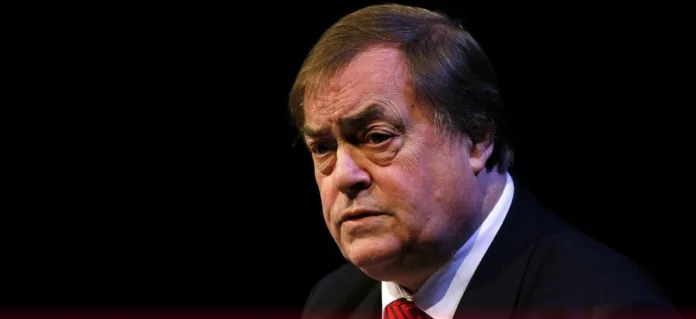The Labour veteran, who played a pivotal role in Tony Blair’s government, passed away peacefully after a long battle with Alzheimer’s disease
John Prescott, the former Labour deputy prime minister, has died at the age of 86. Known for his vibrant personality and stalwart commitment to his party, Prescott passed away peacefully on Wednesday at his care home, surrounded by jazz music, a reflection of his love for the genre. He had been living with Alzheimer’s disease in his final years.
Prescott’s death marks the end of a significant era in British politics. Serving as deputy prime minister under Tony Blair from 1997 to 2007, he remains the UK’s longest-serving individual in the role. His tenure saw him play a central role in the government’s domestic and international policies, while his distinctive political style and working-class roots endeared him to many in the Labour Party.
Born into a working-class family, Prescott’s rise to political prominence was defined by his strong connection to the trade union movement, which shaped much of his career. His political journey began in the early 1970s, but it was under Blair’s leadership that he truly rose to prominence. As deputy prime minister, Prescott helped shape key policies that defined the Labour government of the late 1990s and early 2000s.
Prescott was instrumental in securing the 1997 Kyoto Protocol, which set binding targets for developed countries to cut their greenhouse gas emissions. Though the agreement did not require developing nations such as China, India, and Brazil to cut emissions, Prescott’s efforts in brokering the agreement cemented his reputation as a powerful figure in international environmental negotiations.
At home, Prescott was a key figure in Labour’s relationship with the unions, using his roots in the trade union movement to smooth tensions and foster a more cooperative relationship between the two. His status as a political power-broker also helped mediate the often fraught relationship between Blair and Gordon Brown, facilitating smoother leadership transitions within the party. Prescott’s skill at managing internal Labour politics made him an invaluable ally and a calming influence during some of the most turbulent times within the party.
Prescott’s approachable, working-class image stood in stark contrast to Tony Blair’s polished, Oxbridge background, making him particularly popular among traditional Labour voters. His down-to-earth persona made him a symbol of Labour’s working-class roots, and his commitment to social justice and fairness resonated deeply with many.
Though Prescott was known for his larger-than-life persona and occasional gaffes—such as his infamous attack on a protestor during the 2001 General Election—he was also respected for his steadfast loyalty to his party and his unwavering commitment to its principles. He was a fierce advocate for policies that aimed to reduce inequality and provide greater opportunities for working-class people.
As deputy prime minister, Prescott was also responsible for several key domestic initiatives, including the implementation of the national minimum wage and major investments in education and healthcare. He took a particular interest in transport policy, overseeing major reforms that sought to modernise and improve the UK’s infrastructure.
While his legacy is multifaceted, it is perhaps his ability to bridge divides within Labour and his leadership on issues like climate change and workers’ rights that will be most remembered. In the years following his retirement, Prescott remained a respected figure in British politics, often offering his insights on current affairs.
John Prescott’s passing is a significant moment in Labour’s history, and tributes have poured in from across the political spectrum. His family has asked for privacy during this time, but they have expressed their gratitude for the support they have received.
Prescott’s legacy, both as a key figure in Tony Blair’s government and as a politician who remained committed to his roots, will continue to shape the Labour Party for years to come.
